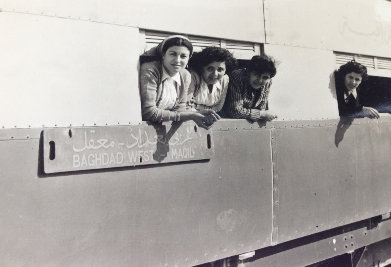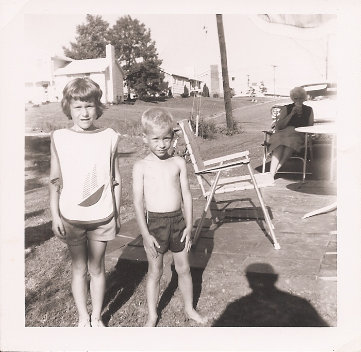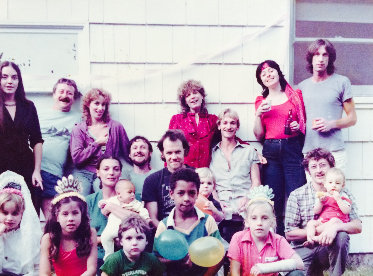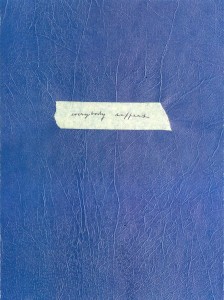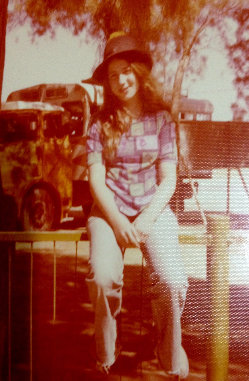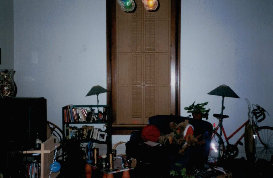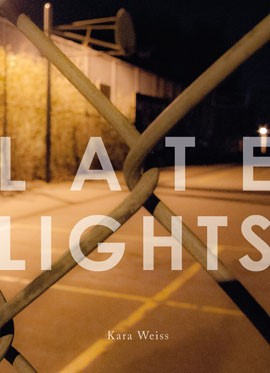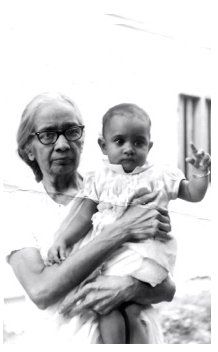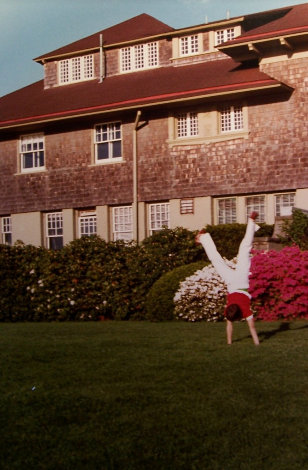80 pages, $14.95
Review by Hannah Rodabaugh
Within this debut poetry collection, Paper, Cotton, Leather, Jenny Sadre-Orafai’s poems illustrate love and its byproducts within a ringing framework of grief. Grim or sentimental at times, this collection looks at how some people haunt our lives even after they are gone: a presence of absence that is ghostlike, yet strangely real. Following her disintegrating marriage and divorce, the poems in this collection run the gamut of images and/or conventions associated with a failing domestic partnership: wedding paraphernalia, ring fingers, in-laws, adultery, rebound relationships.
One of the things that interests me in this collection is the way that Sadre-Orafai fixates on ideas or moments or objects she finds herself thinking about over and over after her marriage ended. An example of this is how the name of the collection stems from the first three traditional wedding anniversary gifts. In “Record,” Sadre-Orafai writes:
It’s polite to record what we get each year.
Paper, cotton, leather.The years measure, interpret
these gifts that do nothing but soak space.The cake agreed to keep until we’re ready
to brave again. The gardenias that didn’tfaint, smashed into a book, the pages curled
tight, a grab at the stalks at last.I look after its spine, expect it to tantrum,
heave to the floor, the year we’re waiting for.
![[PANK]](https://pankmagazine.com/wp-content/themes/pank/assets/images/pank-logo-large.png)


